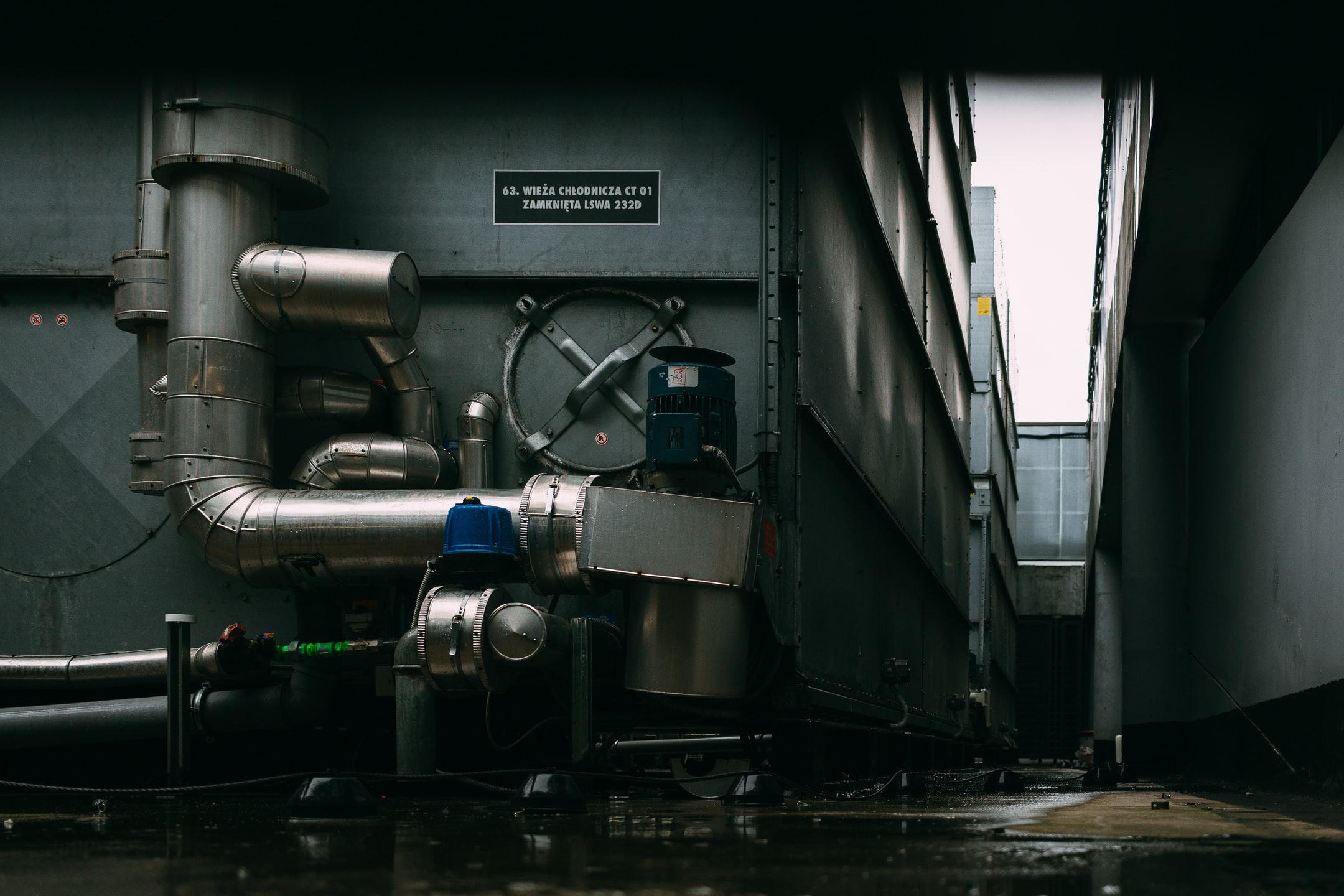
While they’re often overlooked, boilers are important for keeping your business operating smoothly. But with numerous types of boilers to choose from and other details to consider, choosing the right boiler for your business can quickly become overwhelming. Here’s what you’ll want to consider when choosing between commercial steam boilers.
Simply put, a boiler is used to move heat from one part of a facility or building to another part. They can be used in manufacturing operations, and commonly, provide heat to a building. They are essential for keeping workplace temperatures comfortable, and can last for decades if they’re well-maintained.
Of course, different boilers will have different upfront and operational costs, and some boilers may be better for your business than others.
There are several common types of boilers. Each one has its pros and cons. Both steam boilers and hot water boilers can be powered by gas, electricity, or oil.
Firetube boilers are a common type of steam boiler. Firetube boilers use hot gasses from combustion flow to transfer heat through tubes into water contained inside of the boiler. Firetube boilers may be ideal for smaller facilities that don’t require high-pressure steam, have smaller budgets for upfront costs, and limited funds for ongoing maintenance. Additionally, firetube boilers are generally smaller than other steam boilers like watertube boilers.
However, firetube boilers, in the event of a malfunction, can combust and pose a safety risk if not regularly serviced.
Watertube boilers are ideal for facilities that need high-pressure steam to operate. Watertube boilers work by circulating water through tubes that are heated externally, and they offer higher temperatures than firetube boilers, often with fewer fuel costs.
Although watertube boilers may be more efficient than firetube boilers, they’re typically more expensive to purchase upfront.
As their name implies, commercial electric boilers use electrical energy to run. Unlike watertube and firetube boilers, electric boilers do not use combustion energy. In addition, commercial electric boilers can be configured for either steam or hot water applications.
These boilers have extremely high turndown, no emissions, and thermal shock resistivity.
Condensing boilers are popular for both residential homes and commercial buildings due to their high efficiency (90% greater than other standard boilers). By condensing water vapor in the exhaust gas, condensing boilers can capture extra energy that's otherwise wasted.
The main circular boiler shell of vertical boilers is aligned vertically instead of horizontally. This means vertical boilers can have a much smaller footprint on a building and are great for buildings with limited space.
Depending on the boiler itself and how often routine maintenance is scheduled, a boiler can last anywhere from 15 to 25 years, or more! However, older boilers may not be as efficient as newer boilers, and they’ll likely need more repairs and maintenance.
At a certain point, your business will save money by replacing an older boiler rather than continuing to maintain it.
As you’re choosing between commercial steam boilers, it’s helpful to ask yourself questions such as:
And, when you need help installing or repairing your commercial steam boiler, give Caldwell Mechanical a call for expert boiler services throughout Texas and Oklahoma.